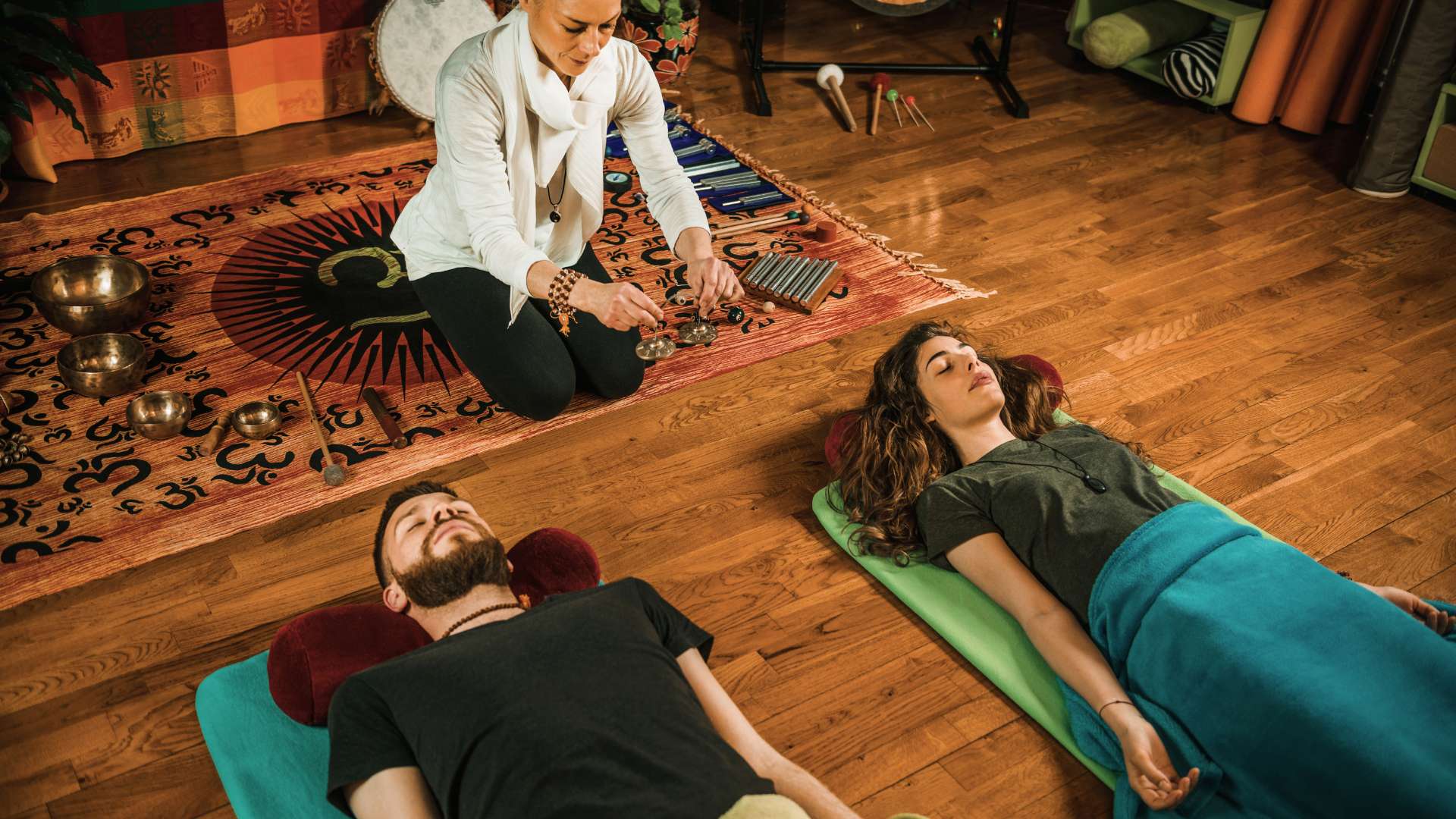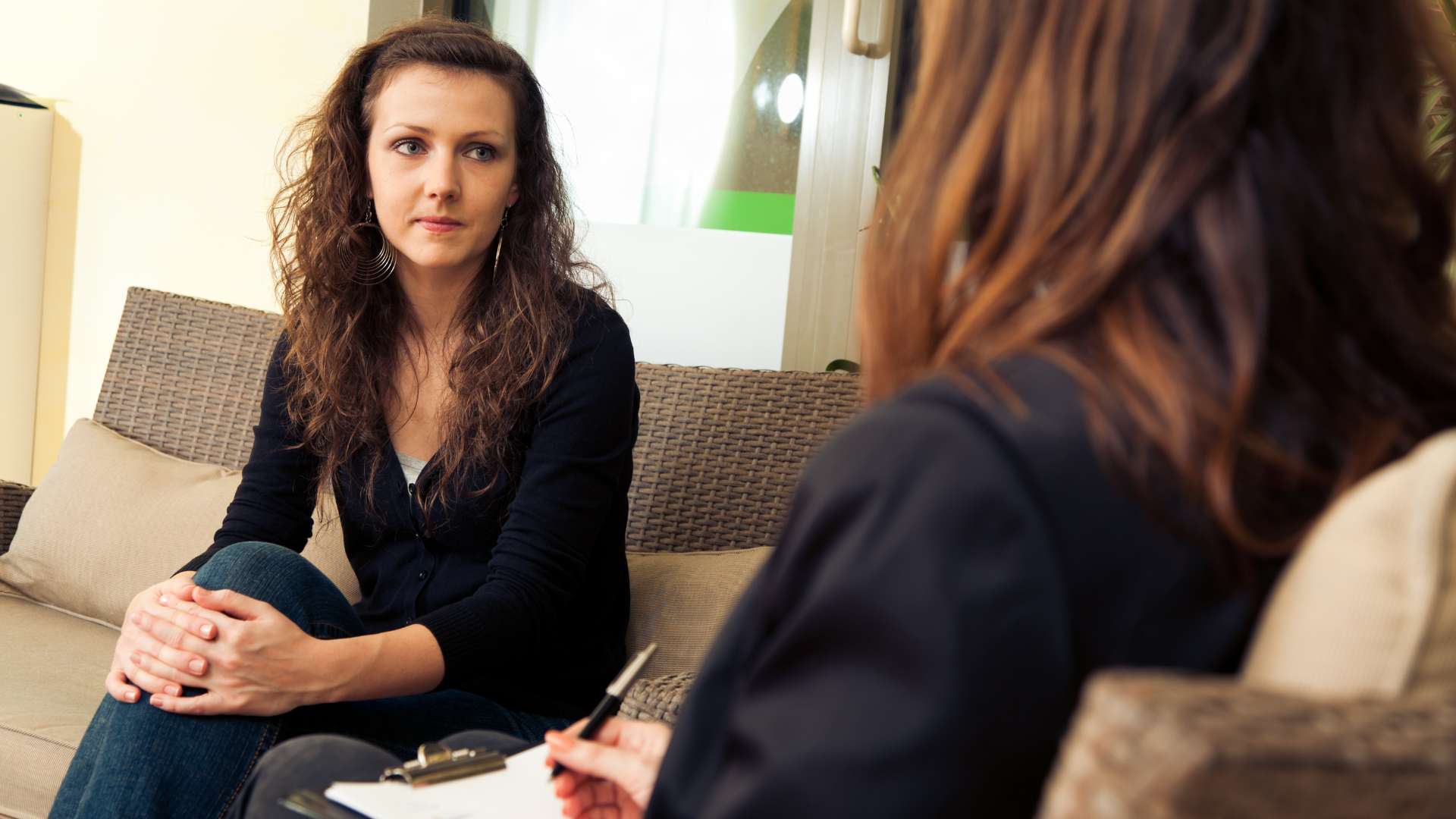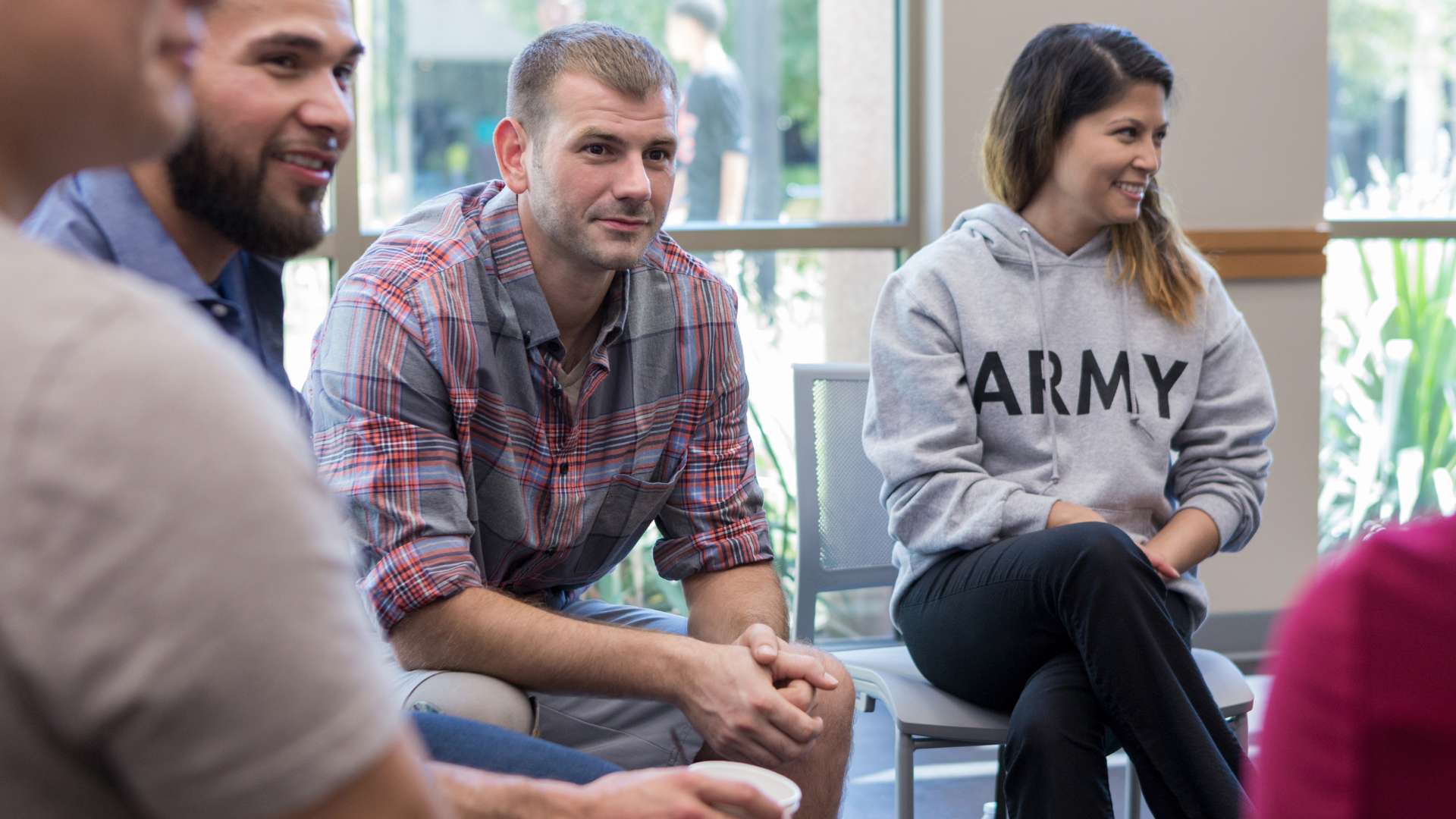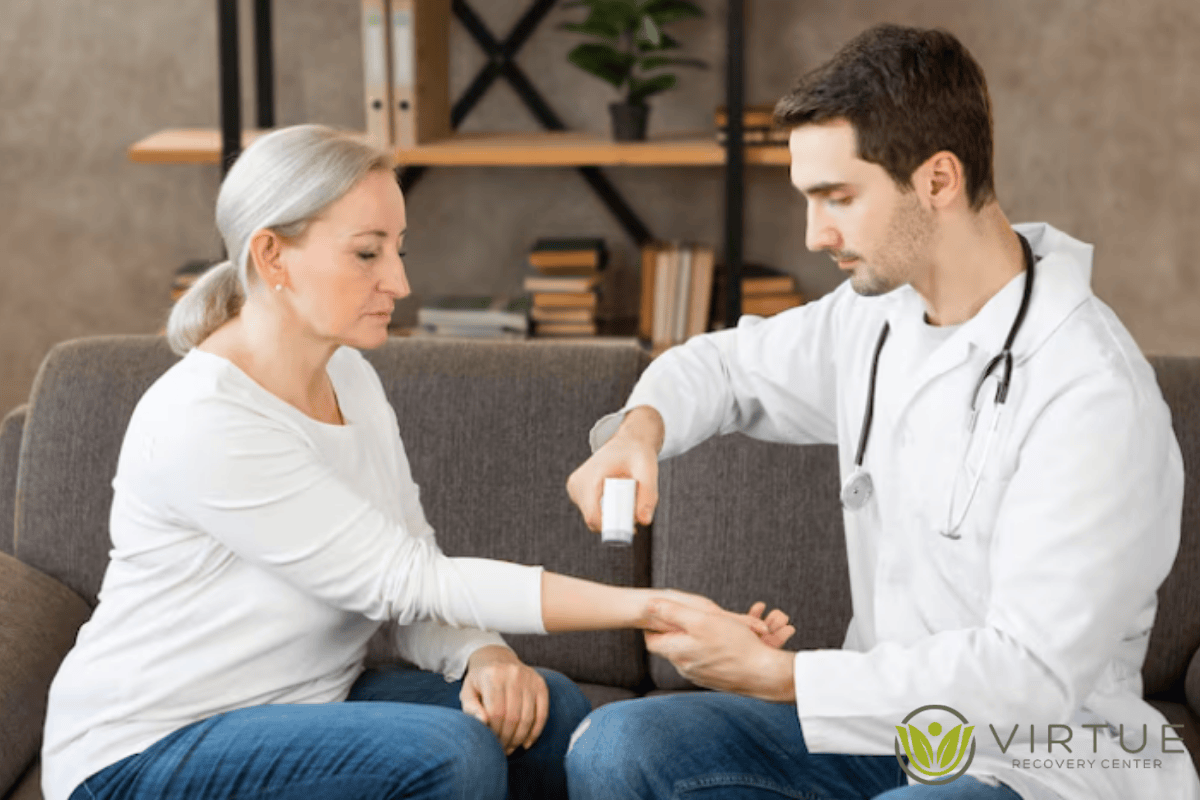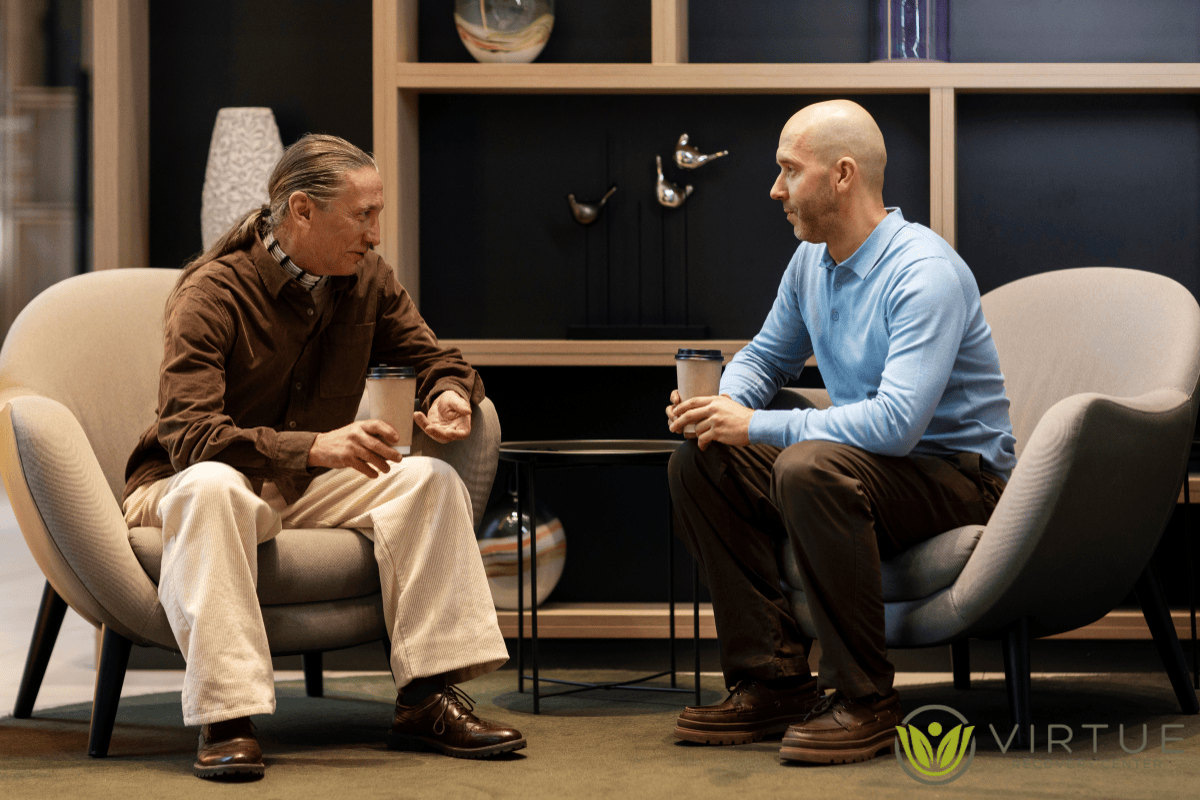 Bipolar disorder therapy helps men and women learn to cope with their various symptoms and triggers and can reduce the number of depressive and manic episodes. Therapy involves a mixture of psychotherapy and medications, with inpatient and outpatient treatment options available through an accredited mental health treatment center. Men and women can work with a therapist in a safe space to talk about their thoughts and emotions and learn how to better manage their symptoms and triggering situations or people.
Bipolar disorder therapy helps men and women learn to cope with their various symptoms and triggers and can reduce the number of depressive and manic episodes. Therapy involves a mixture of psychotherapy and medications, with inpatient and outpatient treatment options available through an accredited mental health treatment center. Men and women can work with a therapist in a safe space to talk about their thoughts and emotions and learn how to better manage their symptoms and triggering situations or people.
At Virtue Recovery Las Vegas – Substance Use Disorder, we are a full-service treatment facility ready to assist individuals who are struggling with bipolar I, II, or cyclothymic disorders. Our programs use the latest in behavioral therapy and medication-assisted treatments to create an all-encompassing treatment experience. Clients will participate in group and private therapy sessions in a safe and discreet environment surrounded by their peers and 24/7 support. For more information about our addiction therapy services, please call 866.520.2861 or send us a message online today, and we will get back to you within 24 hours.
What Is Bipolar Disorder?
Bipolar disorder is a treatable mental health disorder with both depressive and manic, and hypomanic symptoms. It is characterized by episodes of extreme highs (mania or manic) to depressive lows that are similar to major depressive disorder. Episodes can last for a few hours or days to several weeks, with some people experiencing both depressive and manic episodes back to back.
According to the American Psychiatric Association, there are three main types of bipolar disorders:
- Bipolar disorder I – People with this disorder will experience an increase in energy, an over-inflated sense of well-being, racing thoughts, and other manic symptoms. Some people may experience depressive episodes following a manic or hypomanic episode.
- Bipolar disorder II – This type is characterized by having at least one depressive and one manic or hypomanic episode within a 12-month period. This disorder frequently has co-occurring disorders of anxiety or substance abuse.
- Cyclothymic disorder – For this type, individuals will experience frequent depressive and manic episodes but at a lesser degree than type I and II. Episodes can occur back to back and can last for several hours to days, with periods of normal moods in between.
Men and women with a family history of bipolar disorder are at a higher risk of developing the same disorder. Bipolar disorder can also occur due to childhood trauma, continuous stress, or drug and alcohol abuse. If you or a loved one is struggling with this disorder, help is available at Virtue Recovery Las Vegas – Substance Use Disorder. We take the time to get to know the exact cause of the disorder and develop a treatment plan to address each client’s unique symptoms.
Types of Therapy for Bipolar Disorder
Enrolling in a bipolar disorder treatment program is the best course of action to take to gain control of symptoms and prevent them from worsening. Bipolar disorder is a lifetime condition that requires extensive therapy and medicine to treat all symptoms.
Here are some of the bipolar disorder therapy services that are included in a treatment program:
Behavioral Therapy
Cognitive-behavioral therapy, or CBT, is one of the best ways to treat all types of mental health disorders. Therapists work closely with each patient to first uncover the root cause or the specific thoughts or memories that trigger their symptoms. They then use various techniques to break the association between them and the behaviors or symptoms it causes.
Other types of behavioral therapy that can treat bipolar disorders include:
- Dialectical behavior therapy (DBT)
- Acceptance and commitment therapy (ACT)
- Eye movement desensitization and reprocessing (EMDR)
- Family-focused therapy
Bipolar disorder therapy will include a mix of behavioral and holistic therapies for a well-rounded recovery experience.
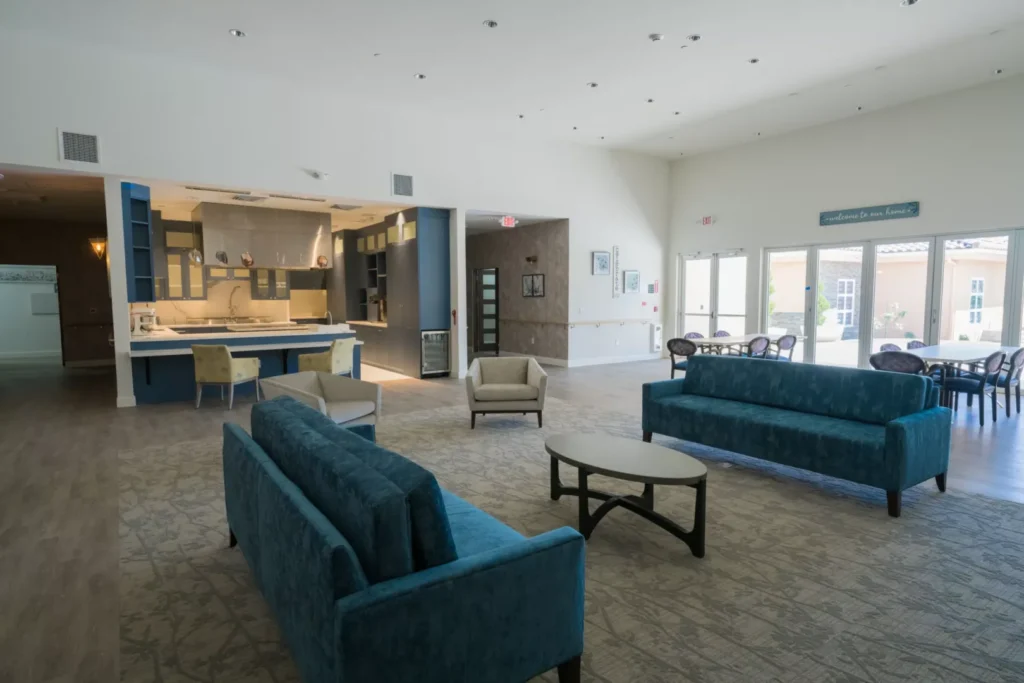
Private Suites Facility
Corbett Facility
Luxurious, private rooms for a serene, personalized recovery experience with utmost privacy.
🏢 Address: 9230 Corbett St, Las Vegas, NV 89149
🕓 Hours: Open 24 hours
Luxury Amenities
Access to high-end amenities, ensuring a comfortable stay while focusing on your health and well-being.
Personalized Care
Benefit from customized treatment plans, with one-on-one therapy sessions tailored to your unique recovery needs.
Privacy and Comfort
Enjoy the solitude of a private room, providing a peaceful environment conducive to healing and reflection.
Take a Virtual Tour of our Luxury Inpatient Las Vegas (Corbett) Facility
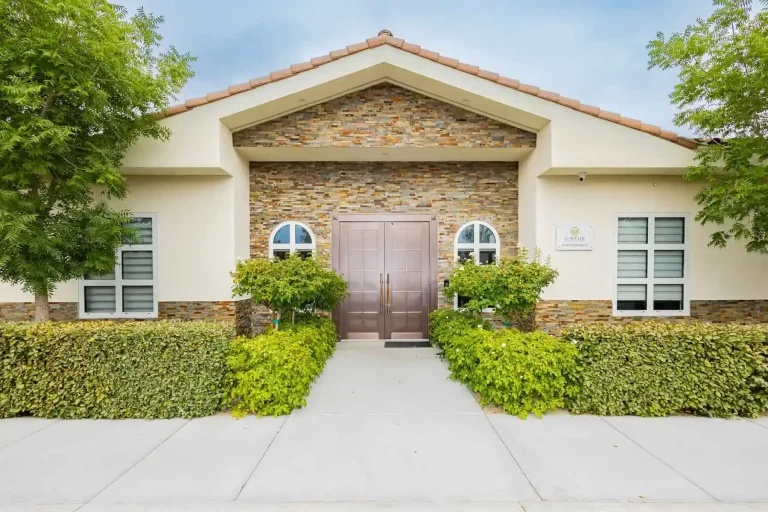
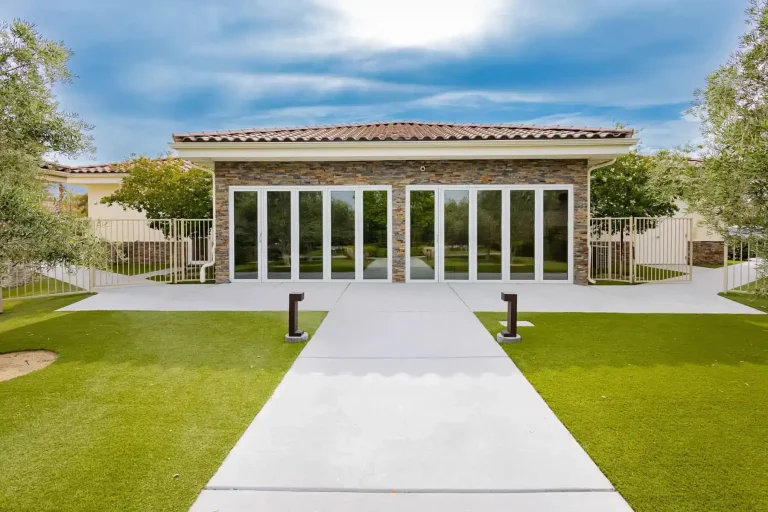


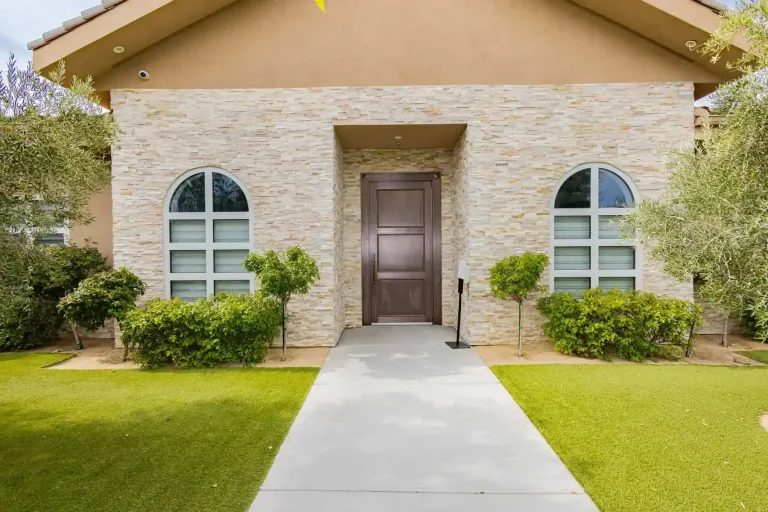

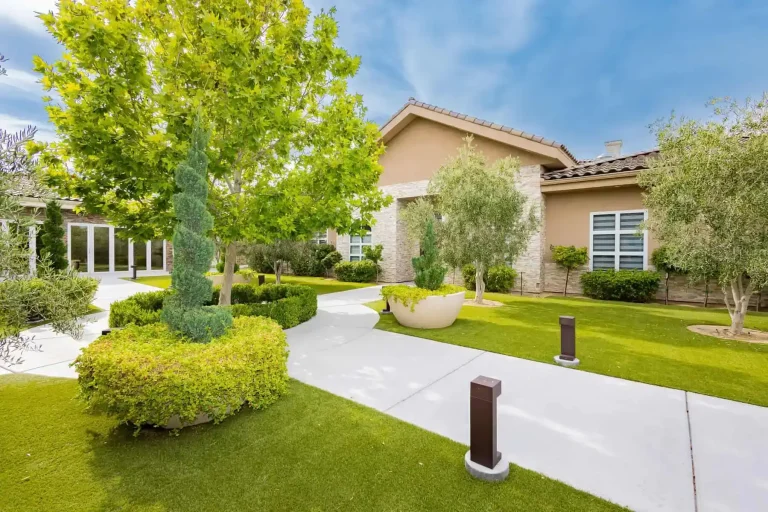
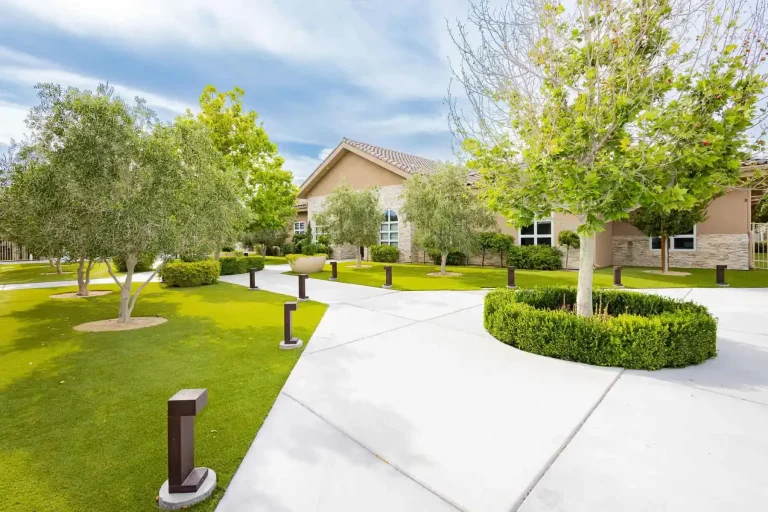
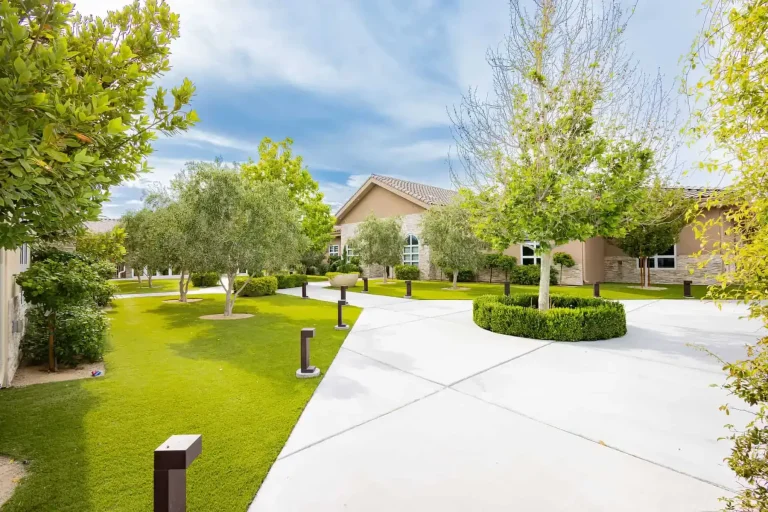


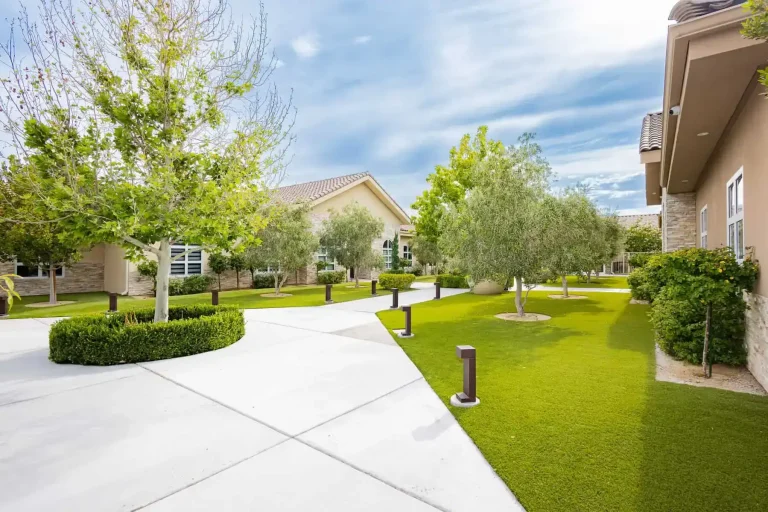
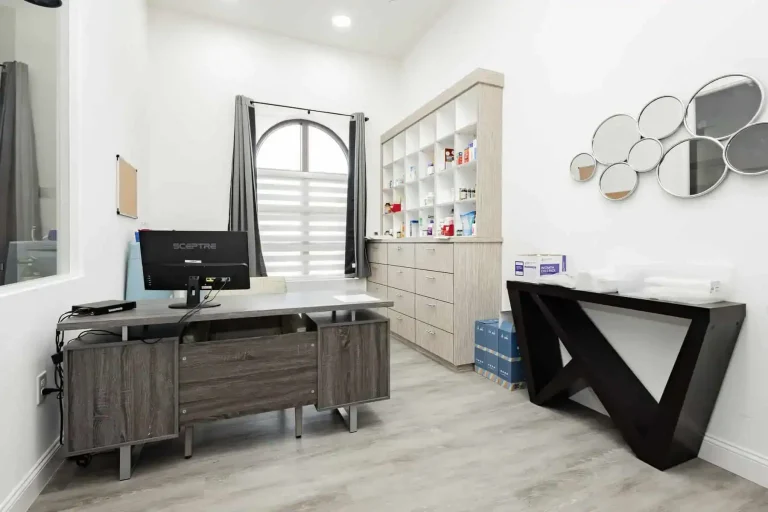
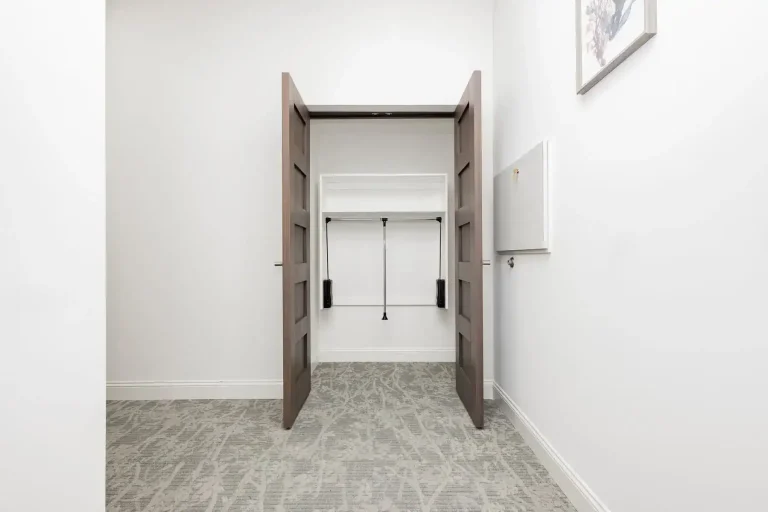
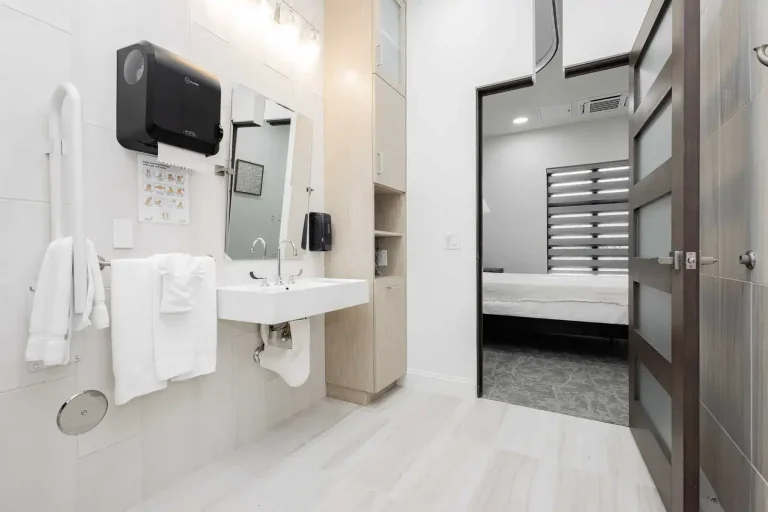
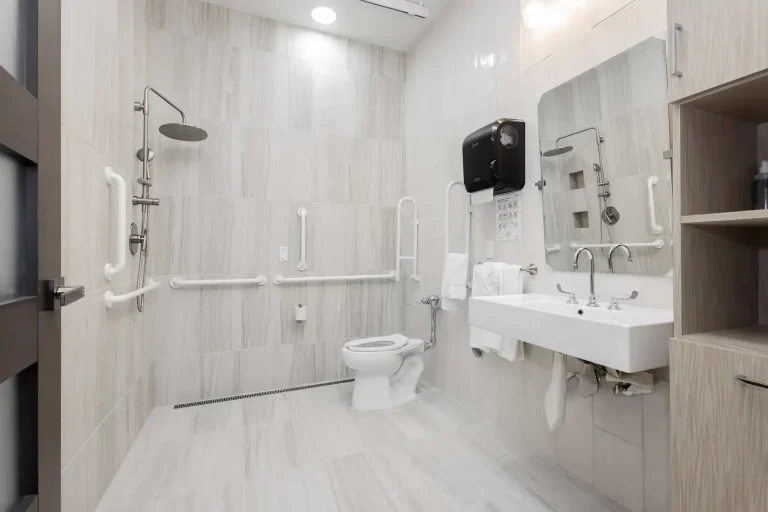
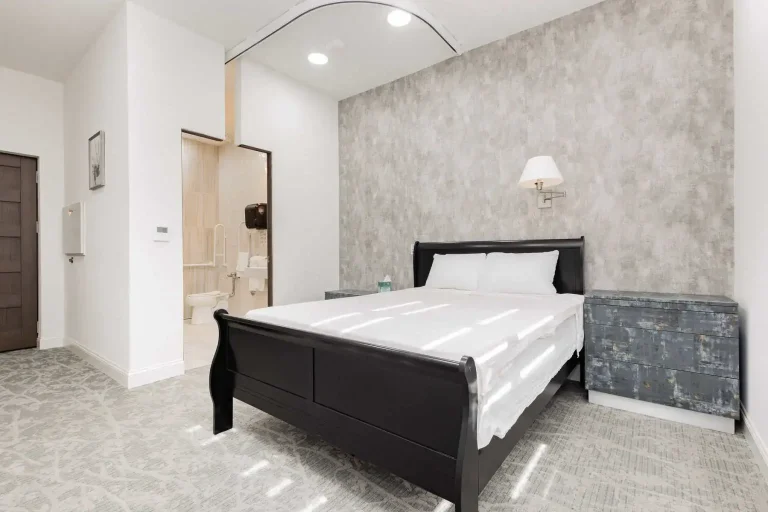
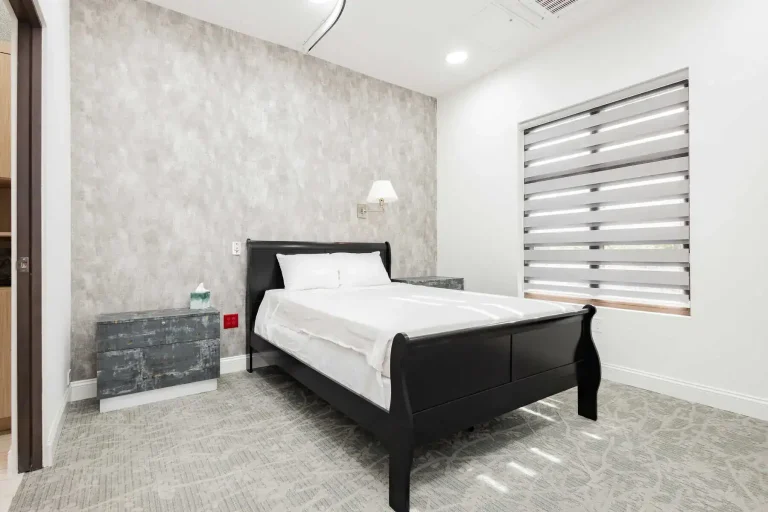
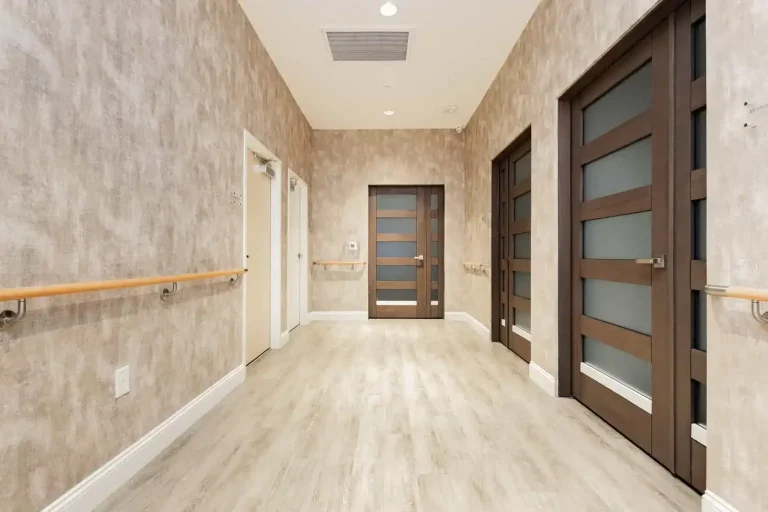
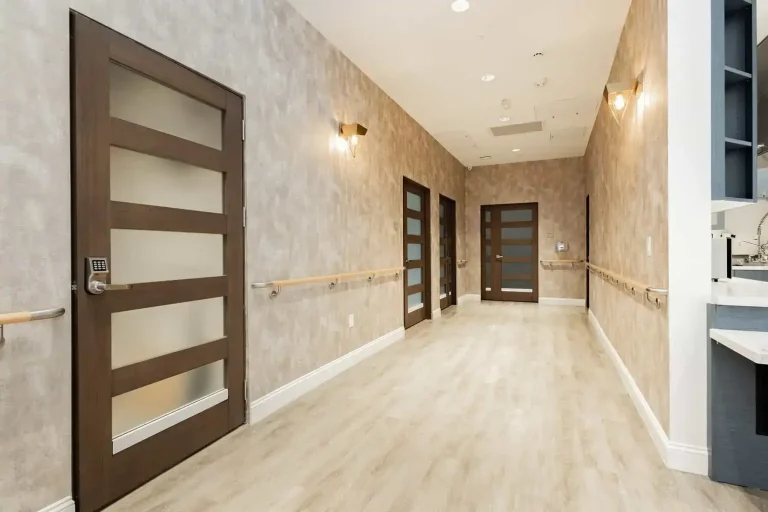
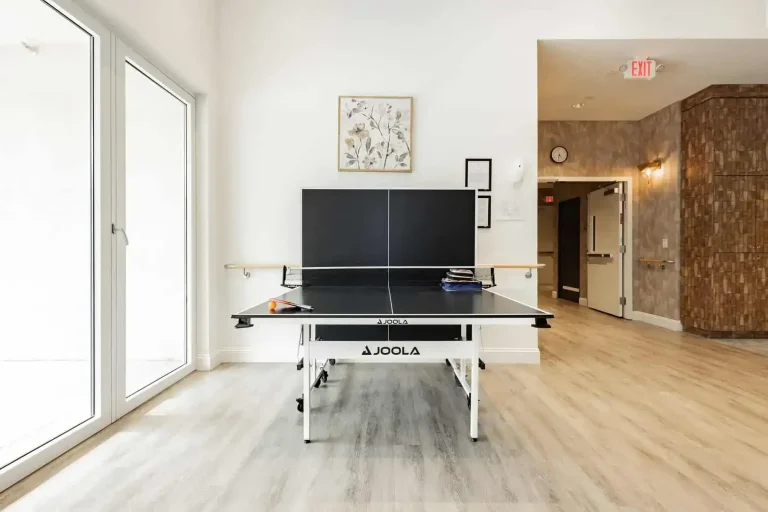
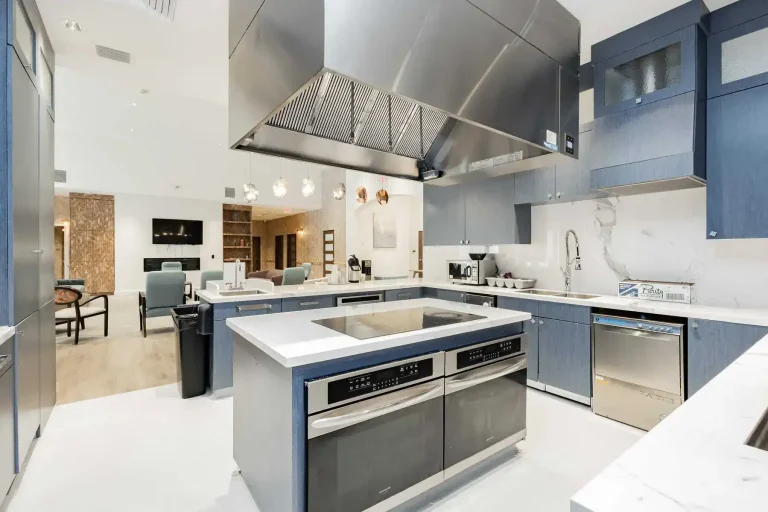
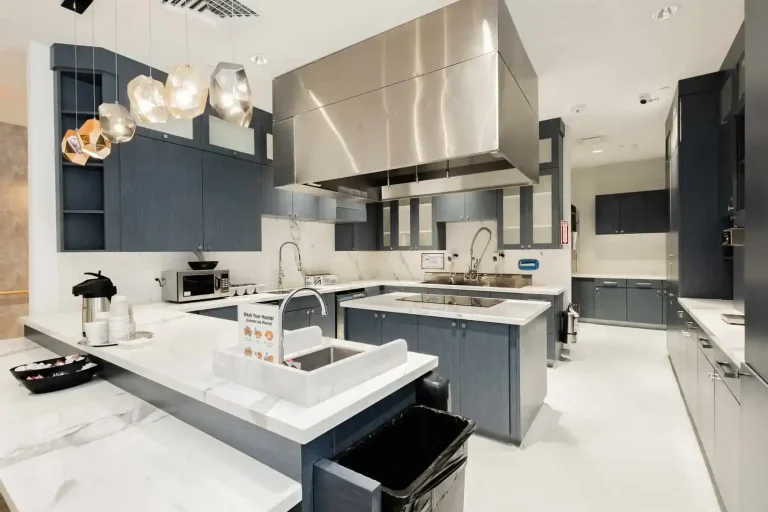
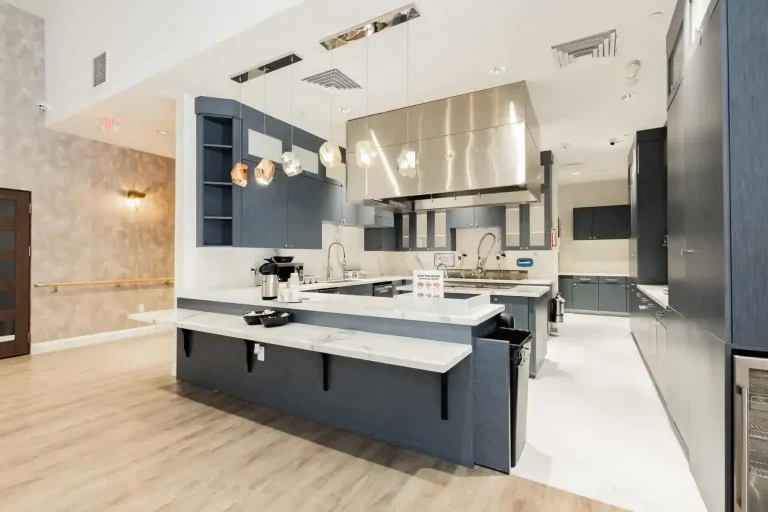
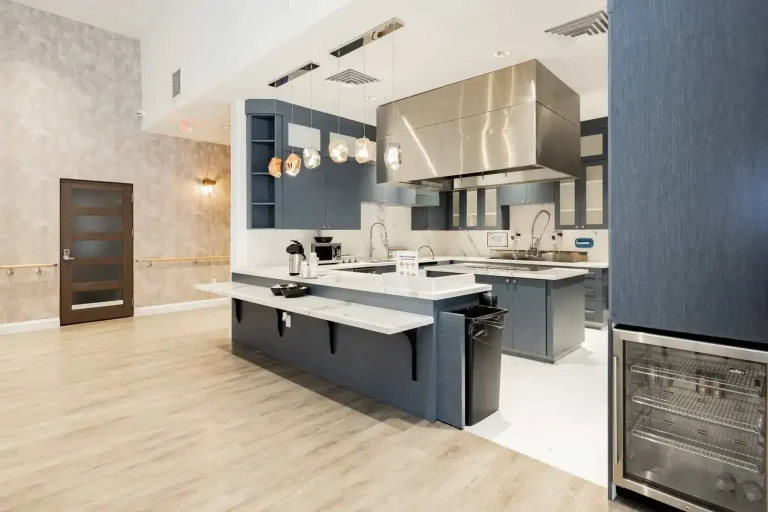
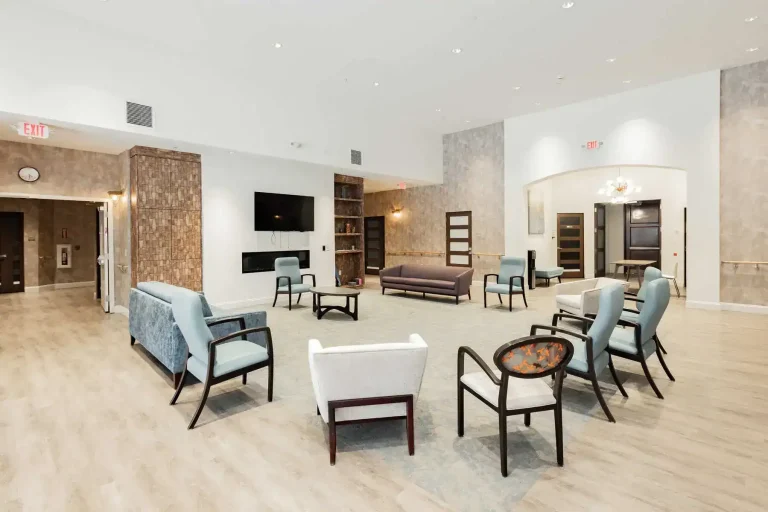
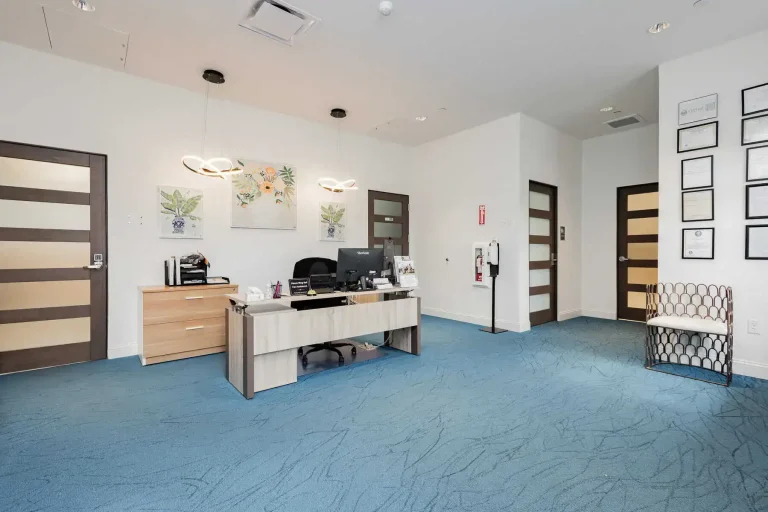
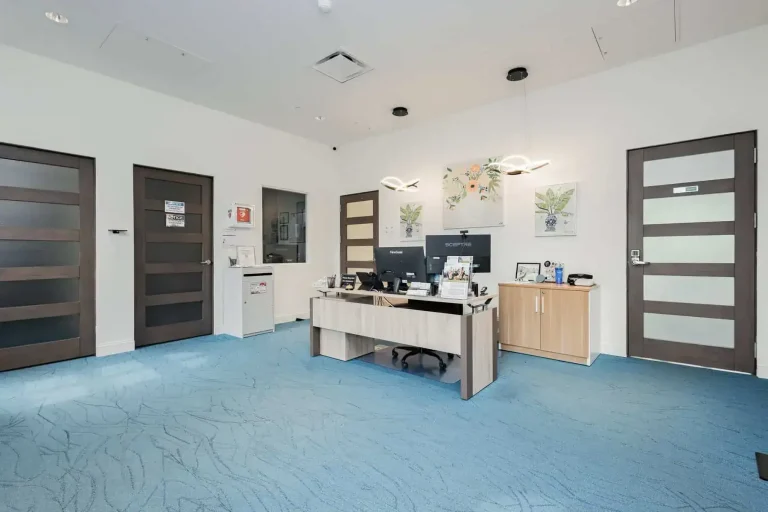
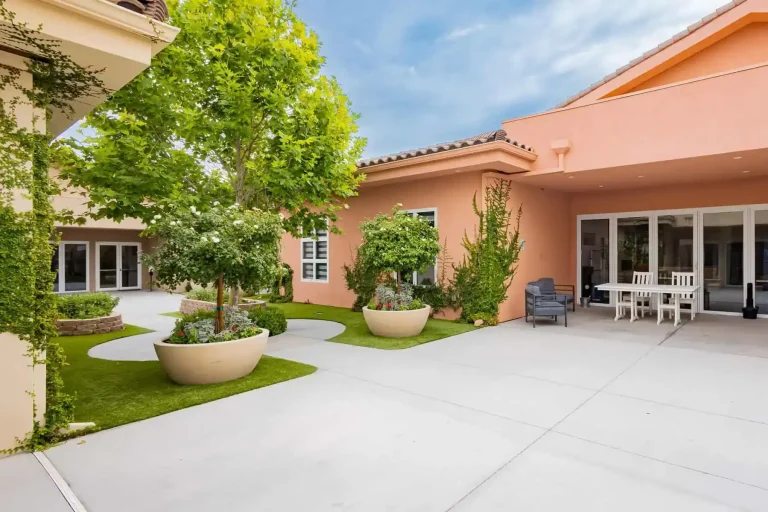

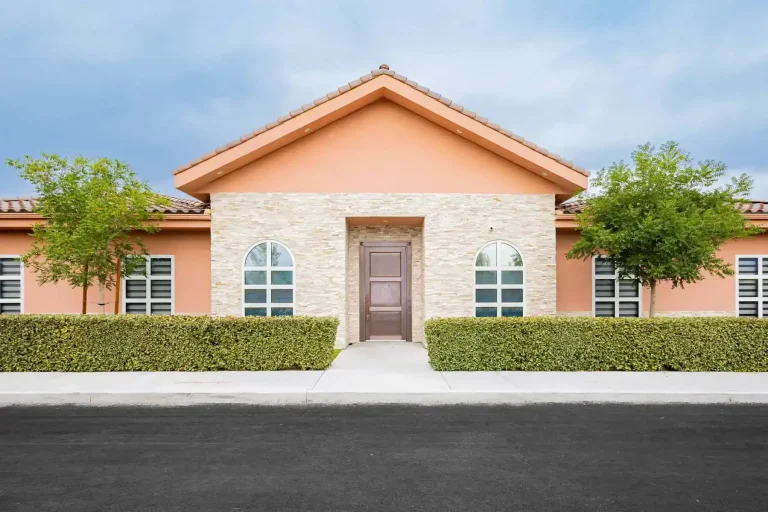
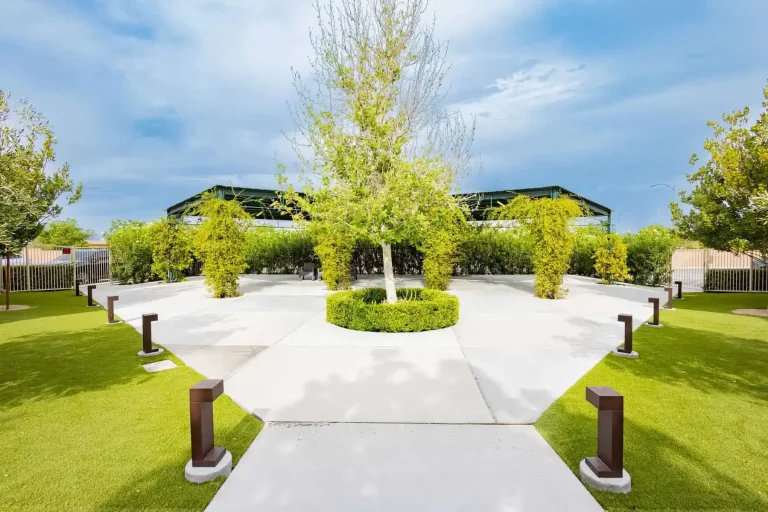

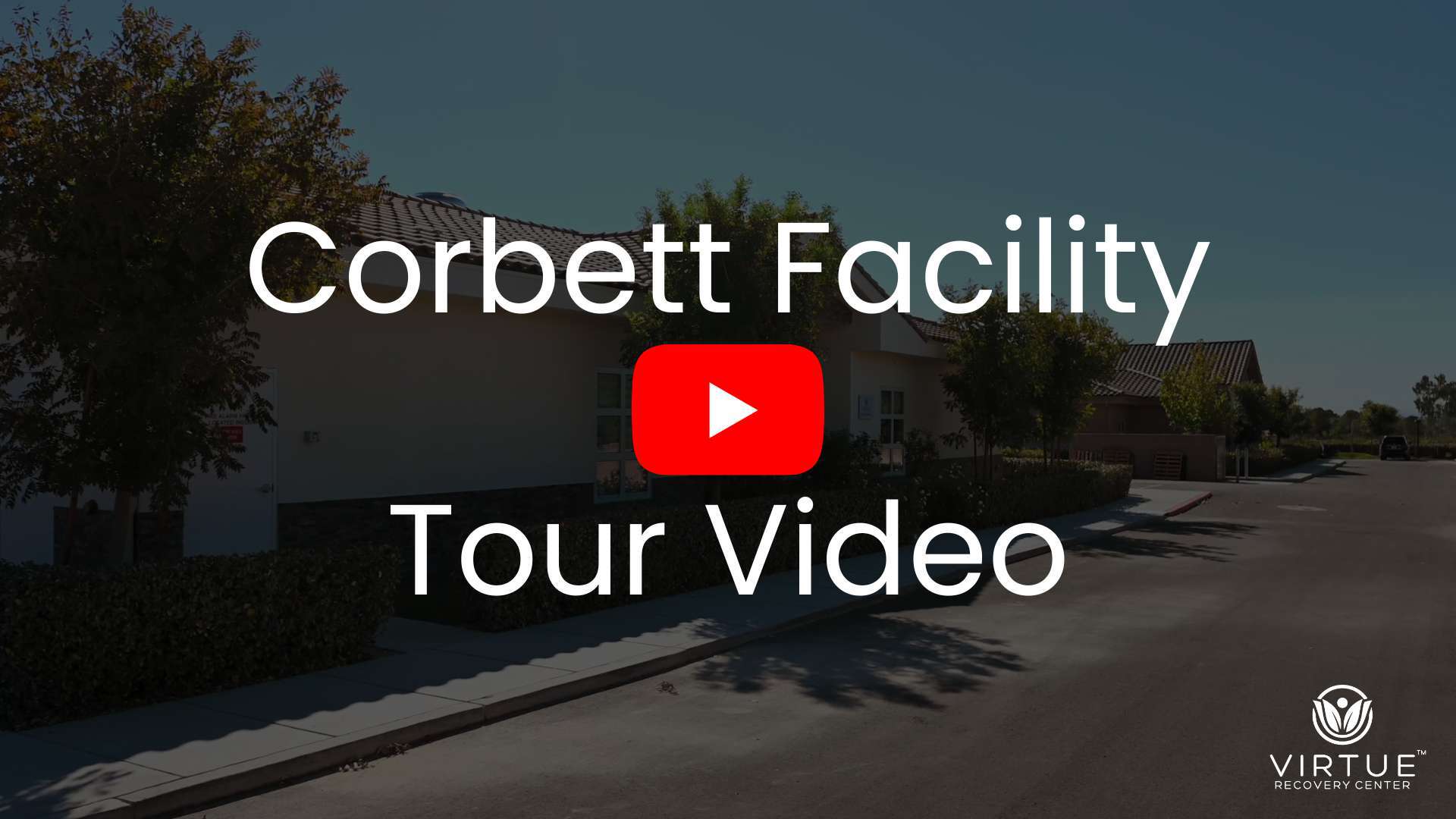
Take a virtual stroll through the serene and inviting Corbett facility of Virtue Recovery Center. Discover the elegant common areas, state-of-the-art treatment rooms, and comfortable residential spaces designed with your healing in mind. Experience the tranquil outdoor areas and get a glimpse of the comprehensive wellness programs we offer, all from the comfort of your home. This virtual tour is your first step toward a journey of recovery in an environment dedicated to your comfort and well-being.
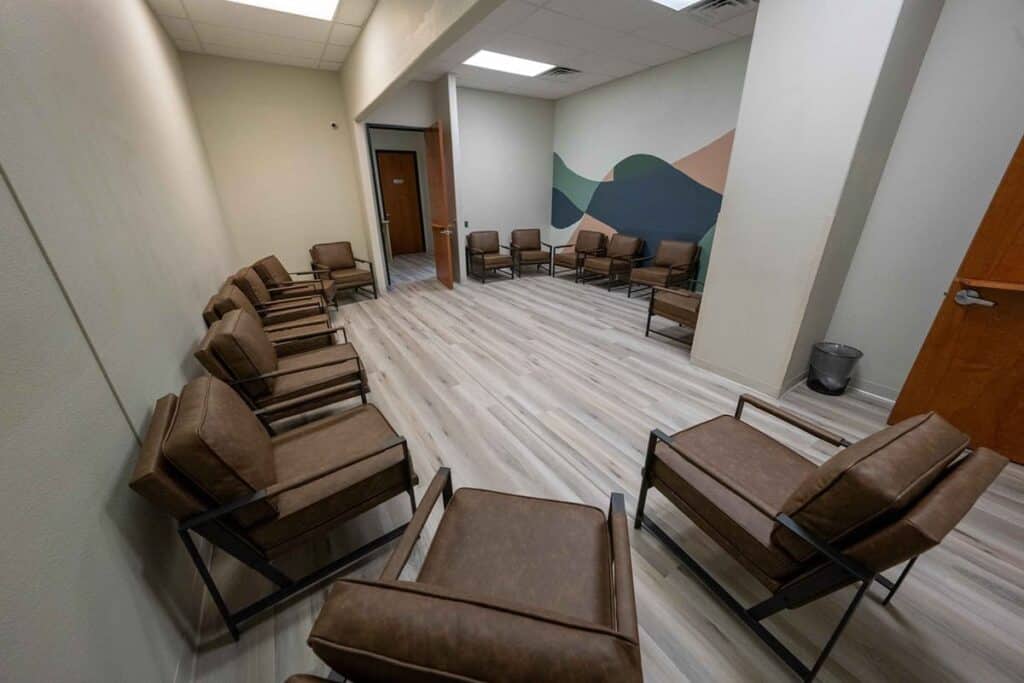
Outpatient Services Center
Montessouri Outpatient
Flexible outpatient care with daily life balance, offering structured therapy and support. Offering IOP, PHP, and aftercare with flexible hours from 8am to 8pm to suit your busy schedule.
🏢 Address: 2585 Montessouri St # 100, Las Vegas, NV 89117
🕓 Hours: Open 8am to 8pm
Flexibility
Tailor treatment to fit your schedule, allowing you to maintain work and family commitments while receiving care.
Community Connection
Stay connected to your support network at home, enhancing your recovery journey with familiar surroundings.
Continued Care
Ideal for transitioning from more intensive treatment, supporting long-term recovery with structured outpatient services.
Explore Our Outpatient Las Vegas (Montessouri) Facility
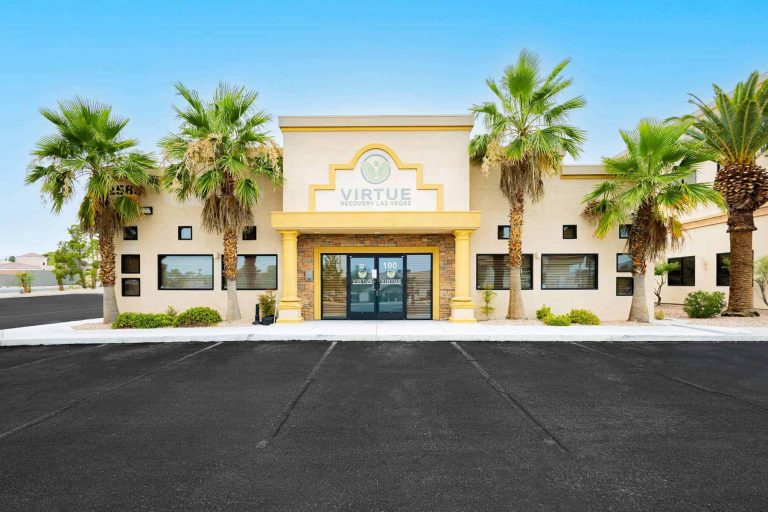
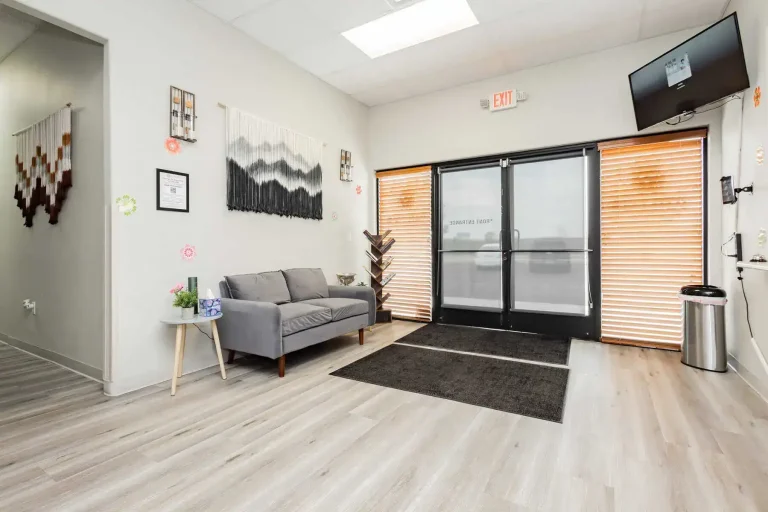
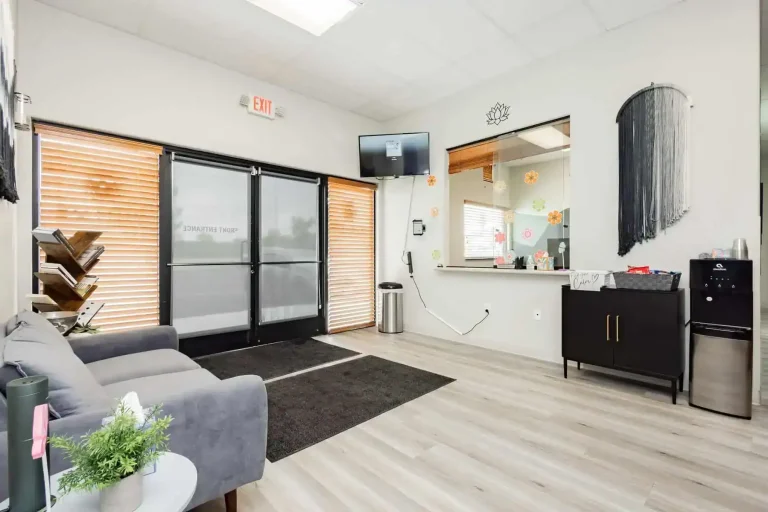
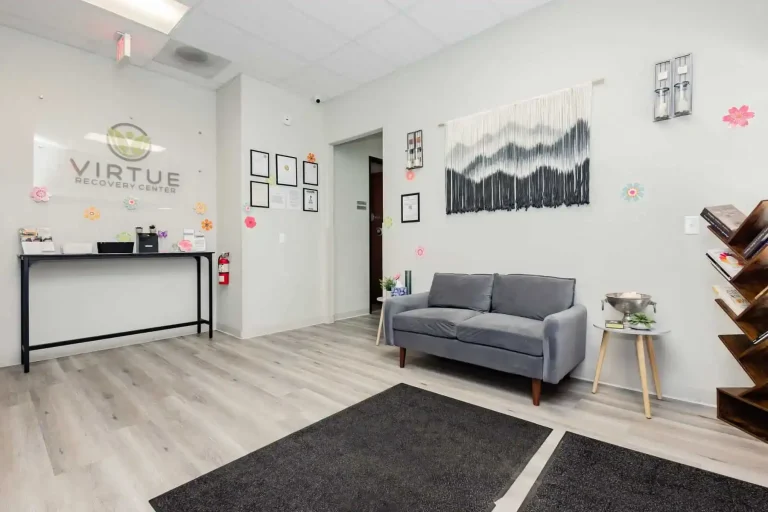
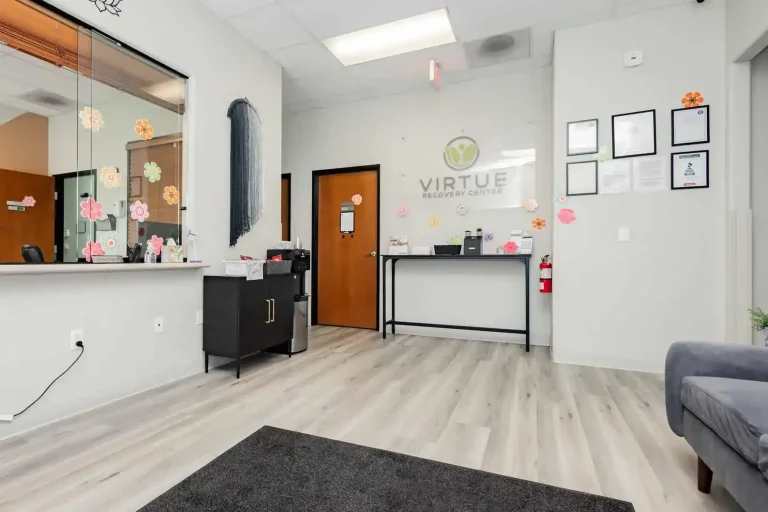
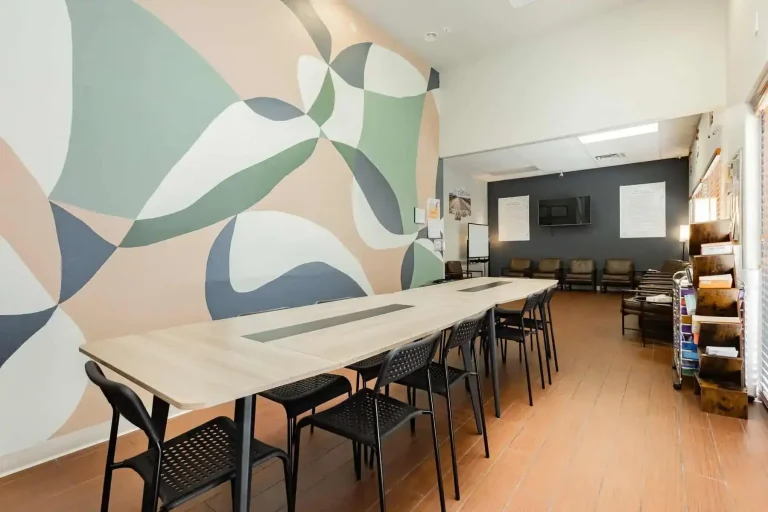
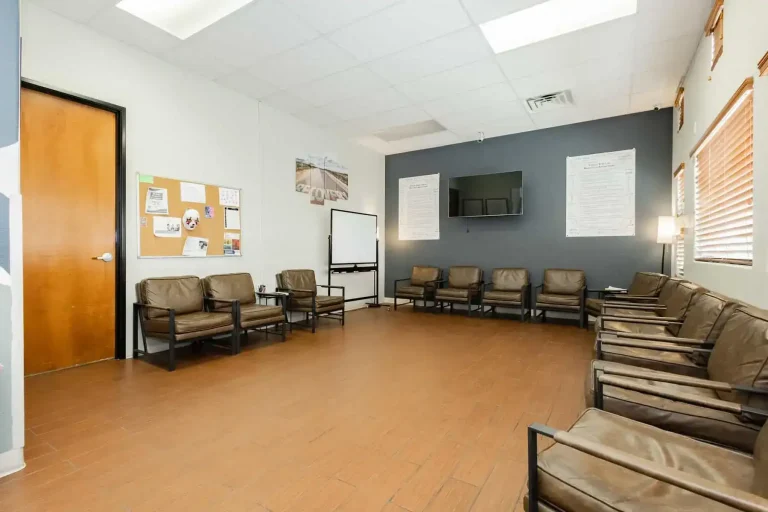
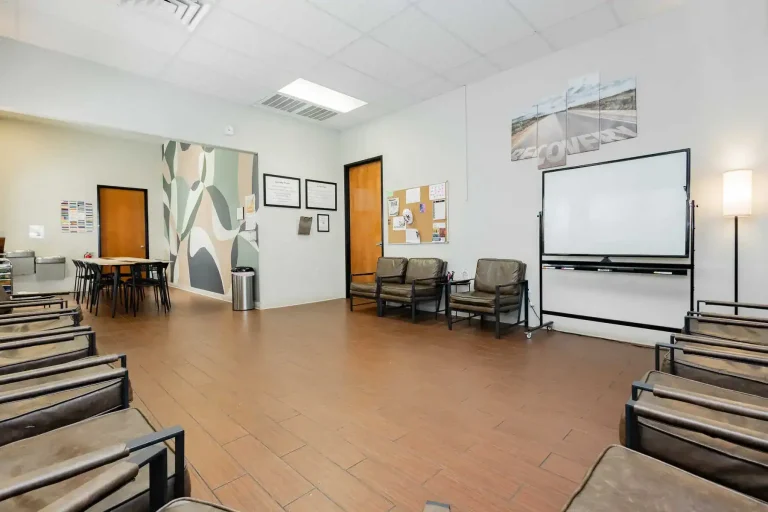
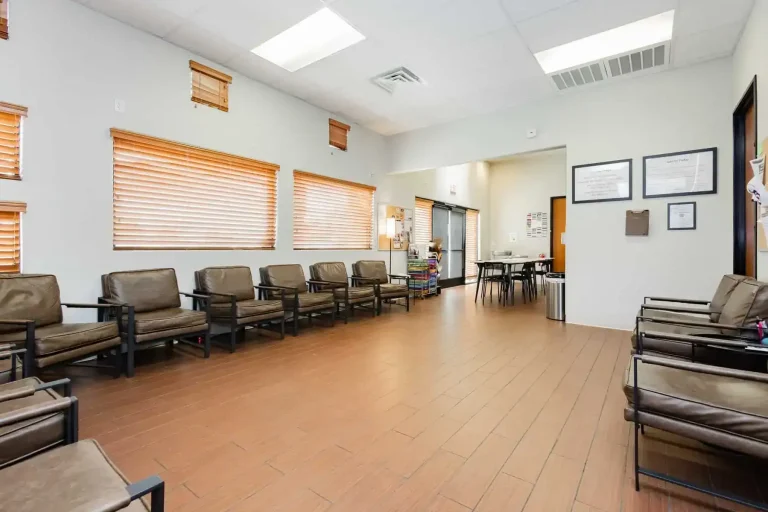
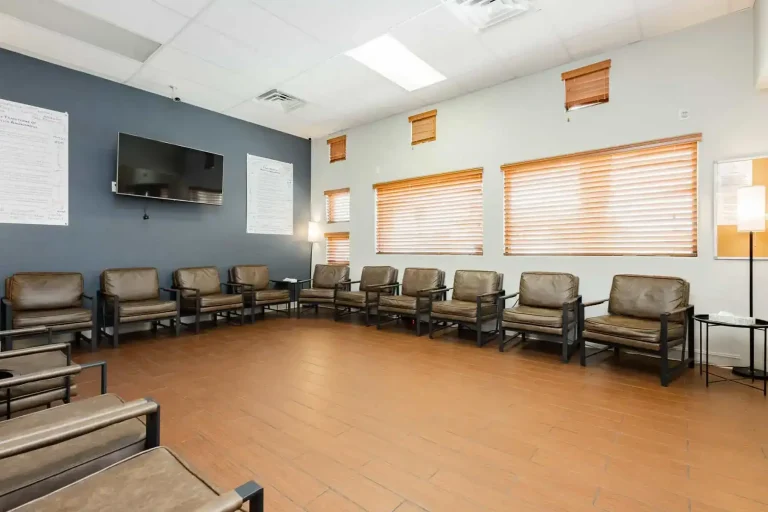
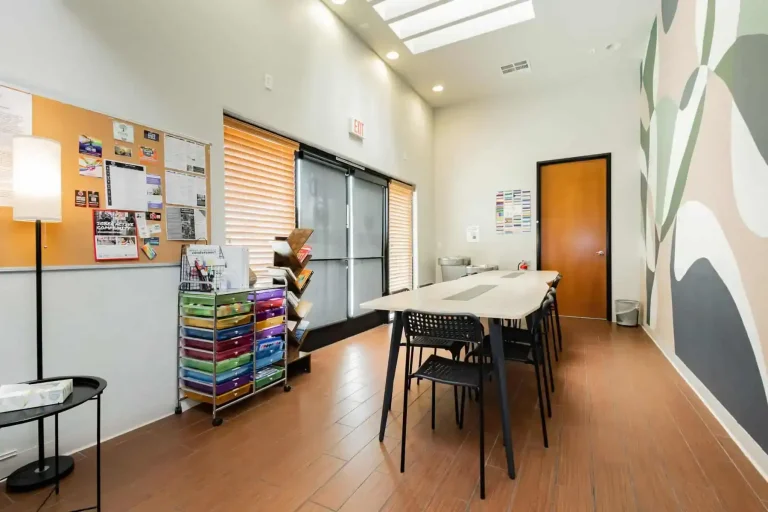
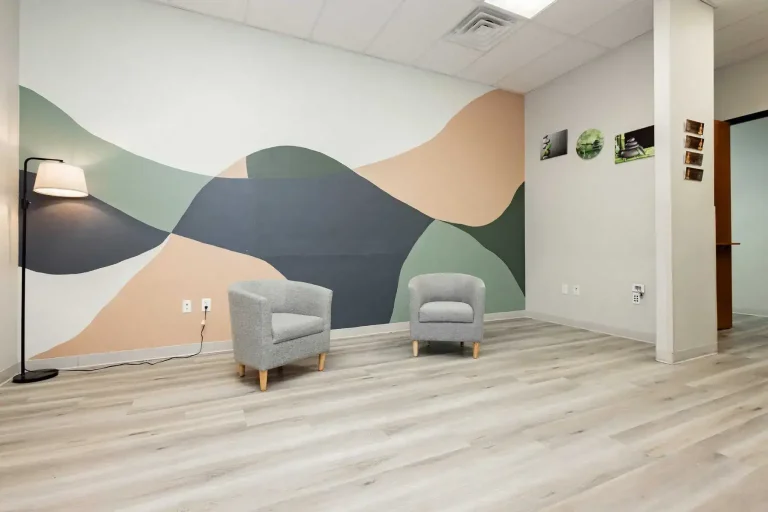
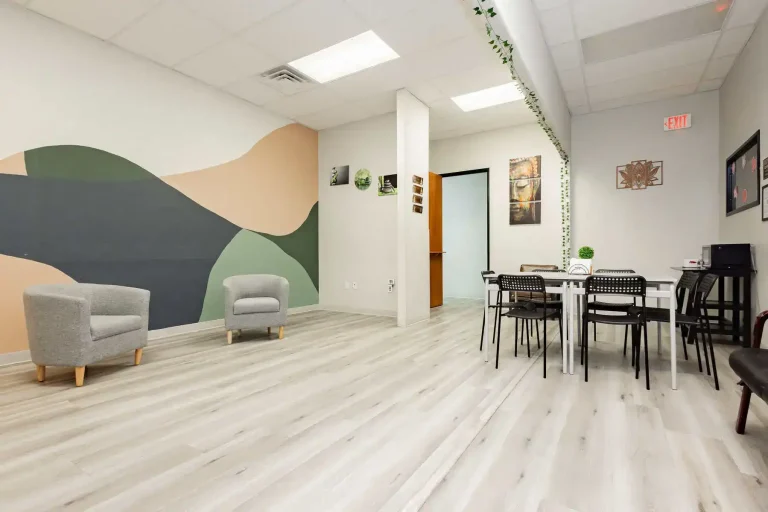
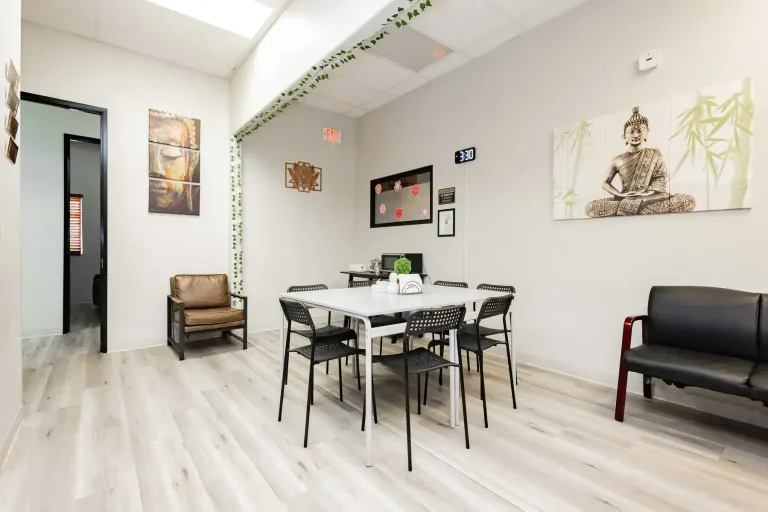
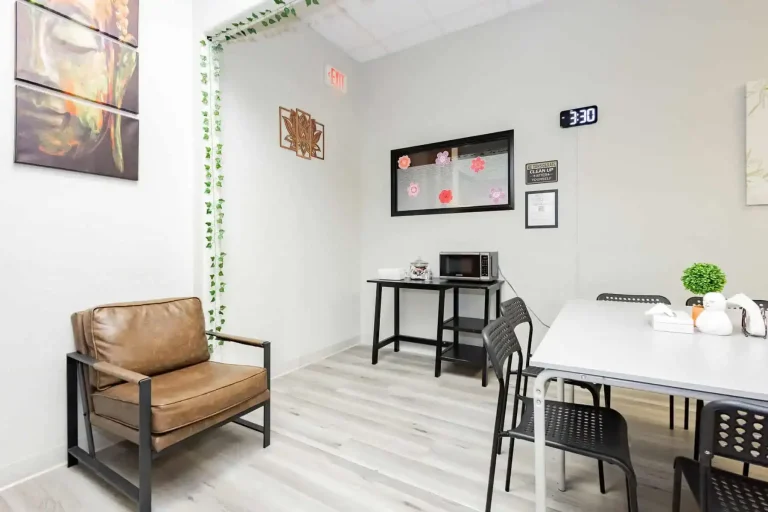
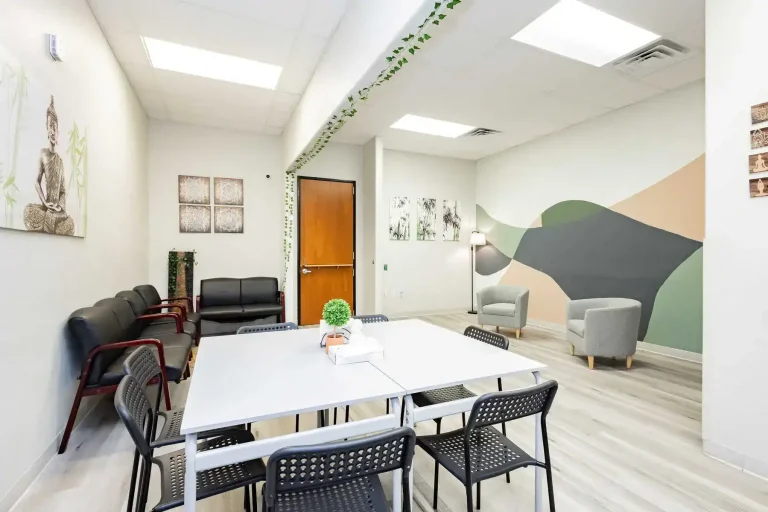
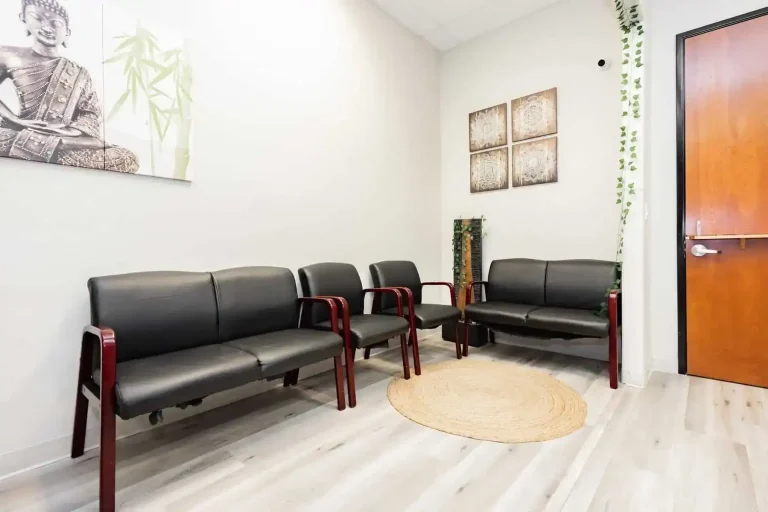
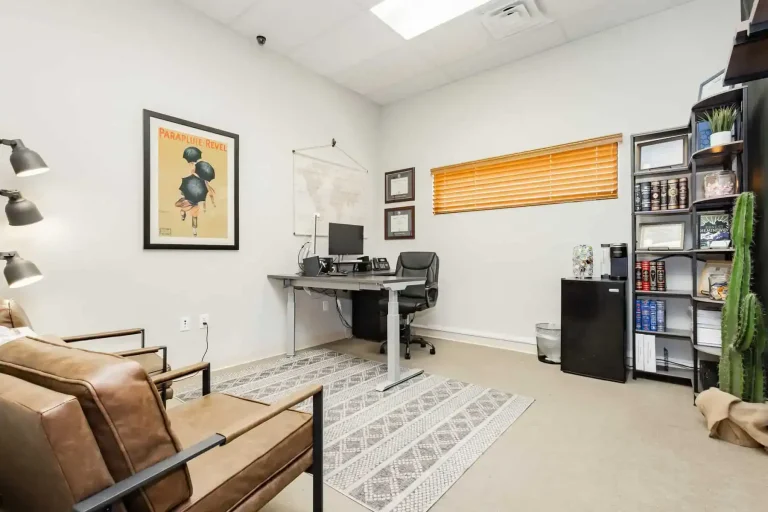
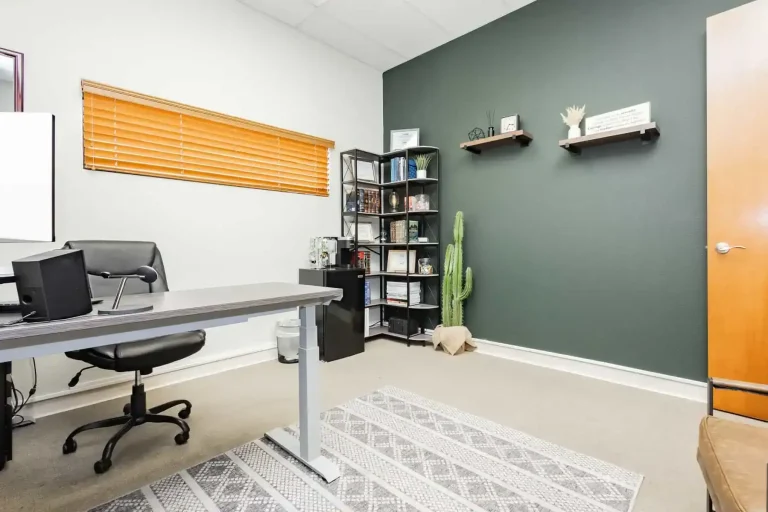
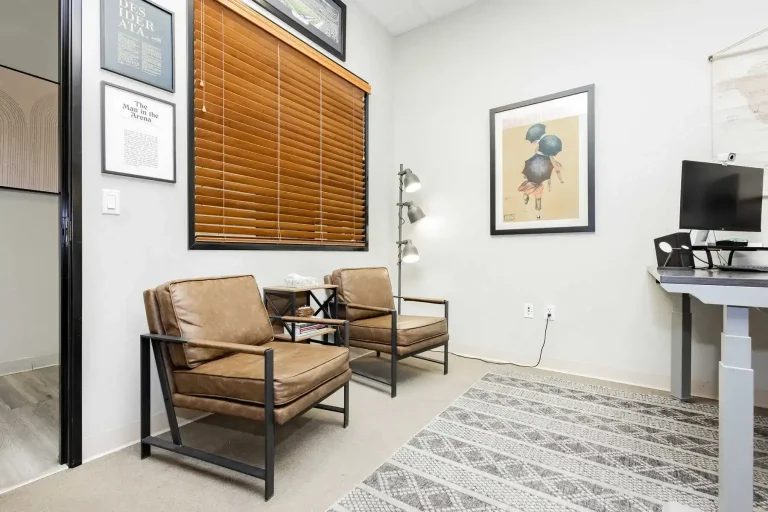
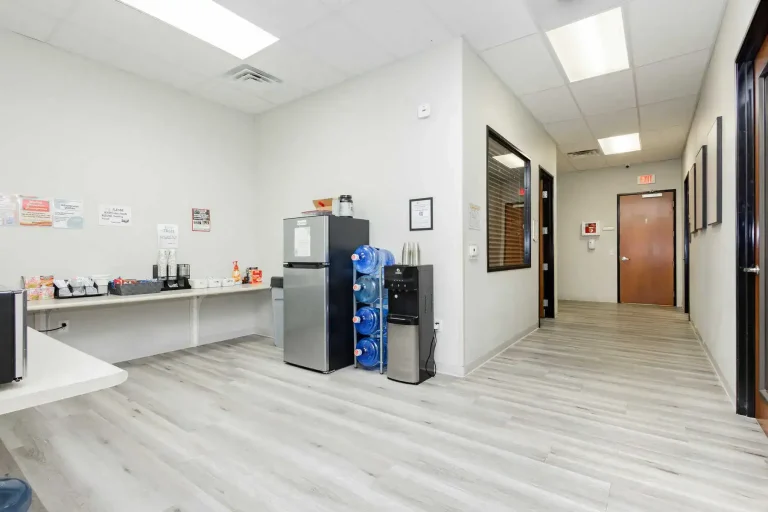
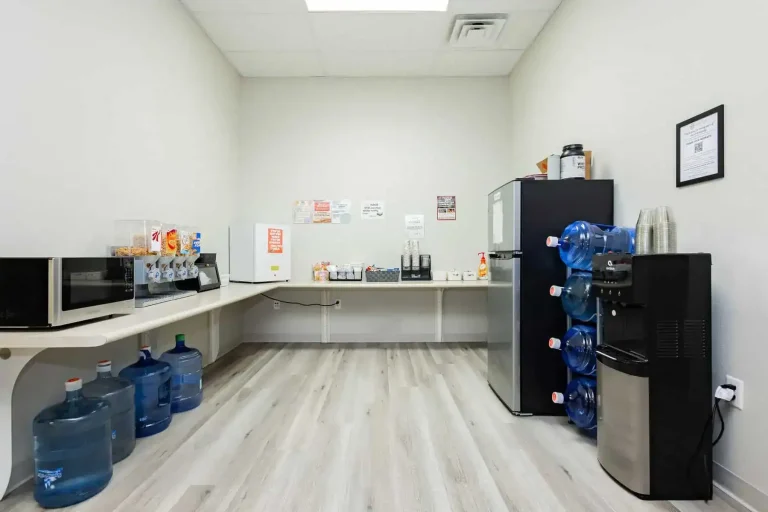
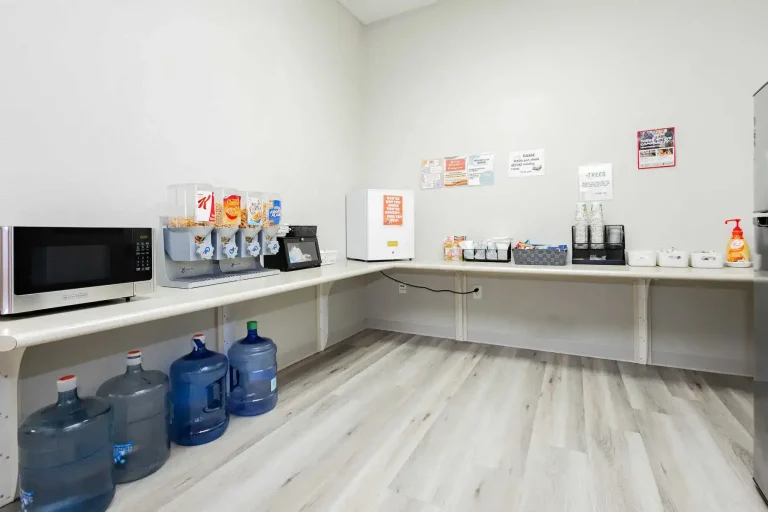
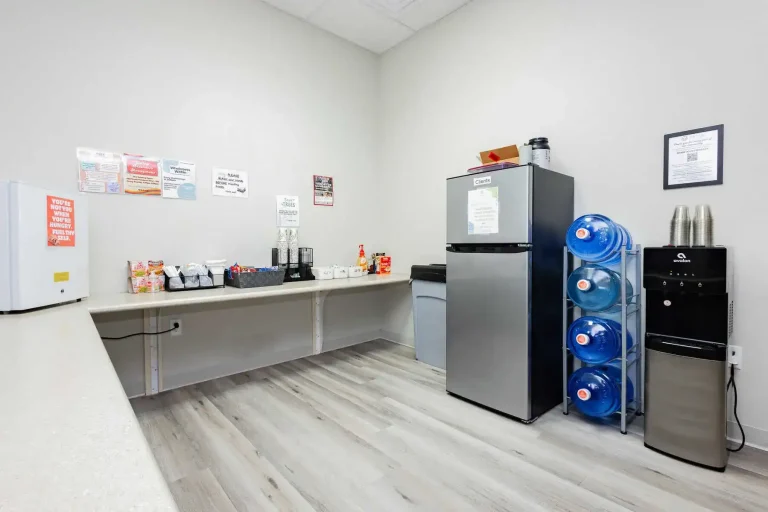
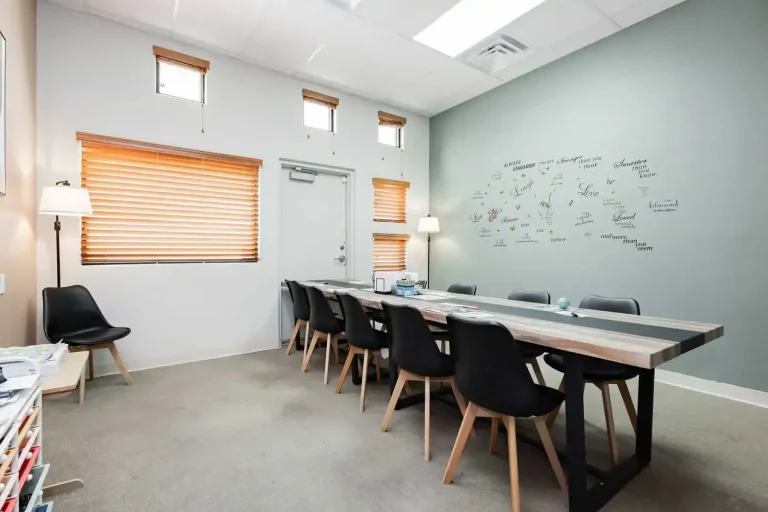
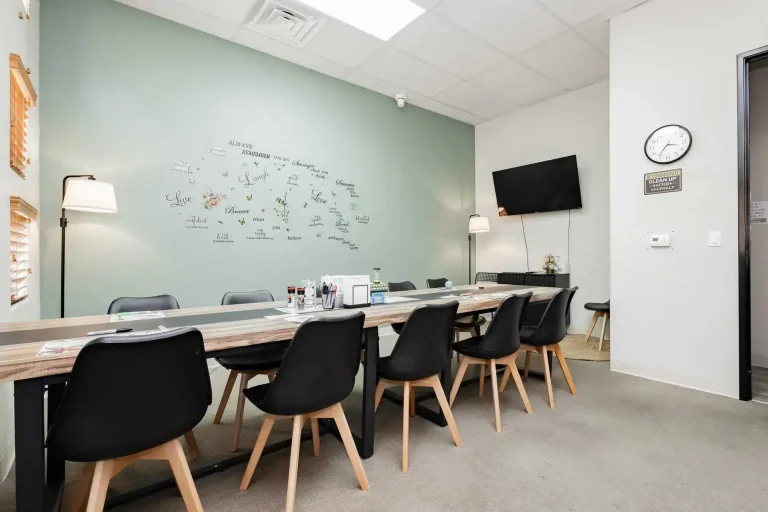
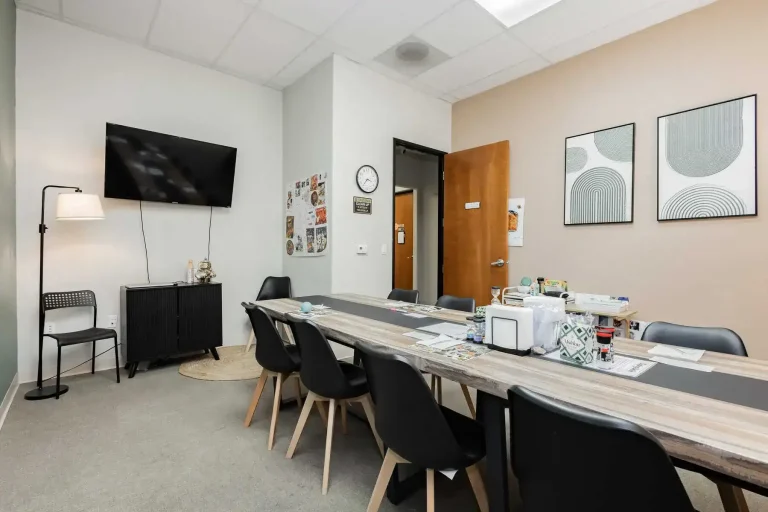
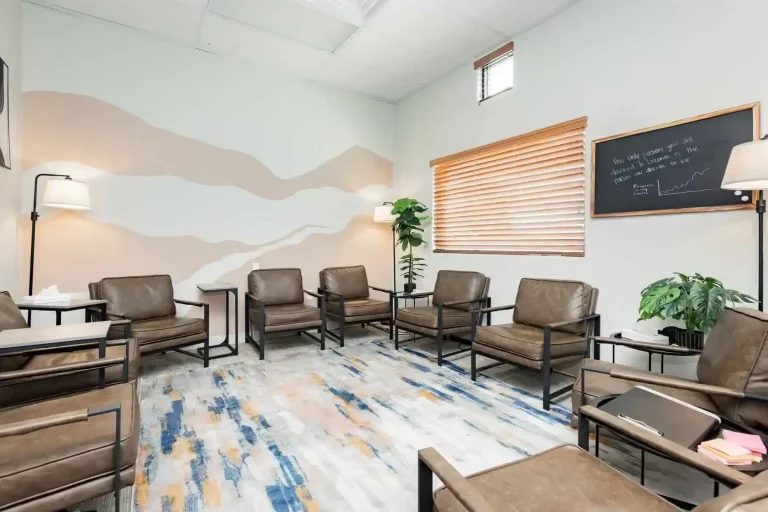
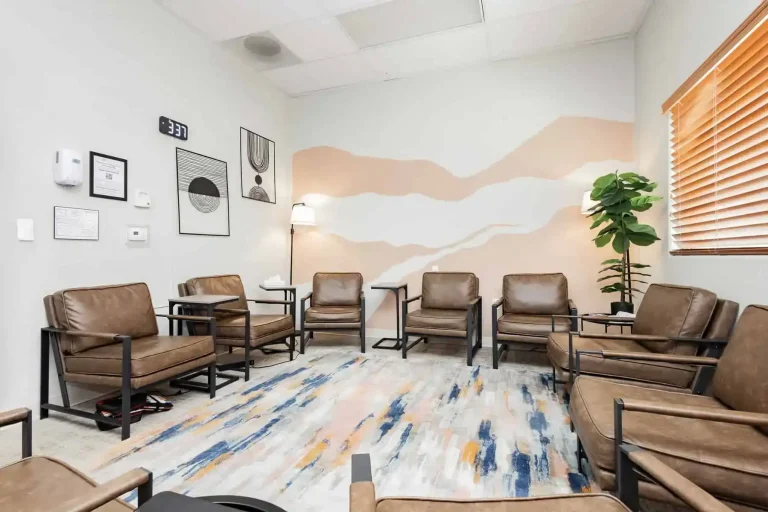
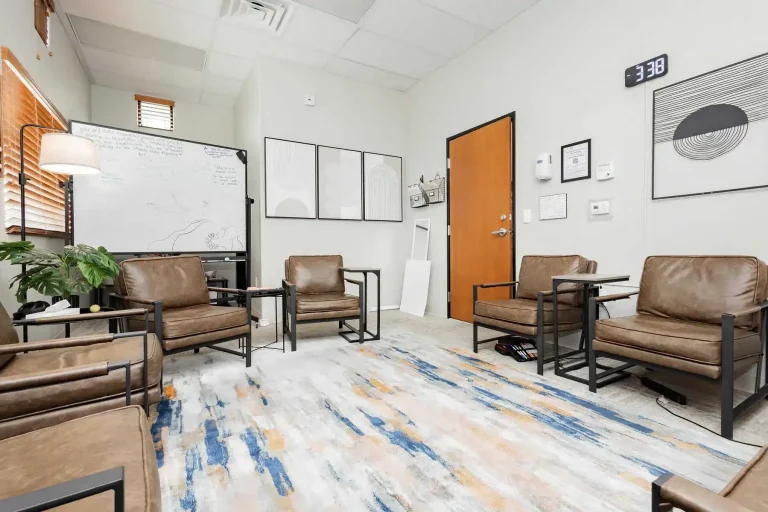
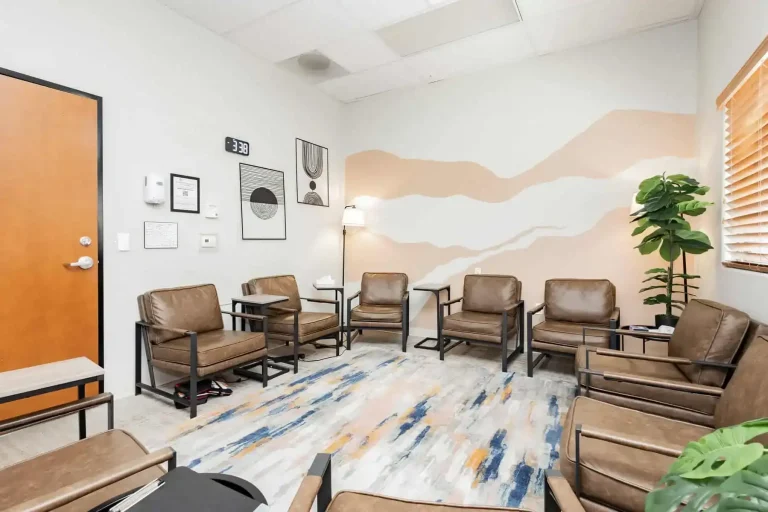
Take a virtual tour of our Montessouri location in Las Vegas, conveniently located near Sahara and Rainbow. This outpatient clinic is designed to provide a supportive and professional environment for individuals participating in our Partial Hospitalization (PHP) and Intensive Outpatient Programs (IOP). Explore our thoughtfully arranged group therapy rooms where connection and healing happen daily, along with private therapy spaces dedicated to individualized care. While clients return home after each session, our facility ensures every moment spent here promotes growth, comfort, and recovery. Begin your journey with a glimpse into the compassionate care that defines Virtue Recovery Center.
Call Virtue Recovery Las Vegas – Substance Use Disorder for Bipolar Disorder Treatment
Virtue Recovery Las Vegas – Substance Use Disorder welcomes all Nevada residents who are struggling with a substance use disorder, bipolar disorder, or other mental health conditions. Our bipolar disorder therapy programs help clients decrease the severity of their symptoms and prevent them from causing a disruption to their daily routines.
To learn more about our bipolar disorder treatments, call 866.520.2861 or complete our online form today to speak with our knowledgeable team.
Bipolar Disorder Treatment FAQs
We treat Bipolar I, Bipolar II, and Cyclothymic Disorder, as well as co-occurring disorders like substance use or anxiety.
We combine psychiatric care, therapy, mood stabilization strategies, medication management, and holistic therapies in a structured, supportive environment.
We use Cognitive Behavioral Therapy (CBT), Dialectical Behavior Therapy (DBT), psychoeducation, and family therapy to help manage mood swings and develop coping skills.
Yes. Our psychiatric team carefully monitors your medications, tracks side effects, and makes adjustments as needed.
Yes. Our residential program provides round-the-clock support in a safe, structured environment—ideal for mood stabilization.
Yes. Our outpatient programs (PHP and IOP) allow you to receive daily treatment while living at home or in sober housing.
We’ll assess the severity of your symptoms, safety needs, and support system to recommend the best level of care.
Yes. We teach mood tracking and early warning sign awareness to help you manage symptoms before they escalate.
Phone access may be limited early on but is often reintroduced later under clinical supervision.
Yes. Most major insurance plans cover mental health treatment. We can verify your benefits quickly and confidentially.
Yes. Our dual diagnosis program is specifically designed to treat co-occurring mental health and substance use disorders.
Yes. We provide inclusive, culturally competent care for all gender identities and sexual orientations.
Yes. Many individuals with bipolar disorder have a history of trauma, and our staff is fully trained to provide trauma-informed support.








